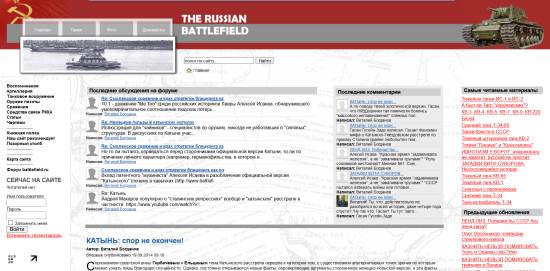Following on the Soviet T60 tanks that I painted a while ago, ![]() Editor in Chief Bill
Editor in Chief Bill ![]()
![]() sent me a whole battery of BM13 Heavy Guards Mortars. Mounted on ZIS-6 trucks, these rocket launchers were popularly known to the Soviet soldier of WWII as Katyushas (from a wailing girl of the folk tradition), while the German landsers nicknamed them Stalin's Organs, once again referring to the peculiar noise made when they were fired.
sent me a whole battery of BM13 Heavy Guards Mortars. Mounted on ZIS-6 trucks, these rocket launchers were popularly known to the Soviet soldier of WWII as Katyushas (from a wailing girl of the folk tradition), while the German landsers nicknamed them Stalin's Organs, once again referring to the peculiar noise made when they were fired.
While considerably less accurate than regular artillery, these launchers saturated an area with high explosives very quickly and, being mounted on trucks, could move away immediately after to avoid counterbattery fire (and thus offsetting their fragility). They were also quite easy and inexpensive to produce, consisting of racks of parallel rails on which rockets were mounted, with a folding frame to raise the rails to launch position.
Each truck had between 14 and 48 launchers. The 132-mm diameter M-13 rocket of the BM-13 system was 180 centimeters (70.9 in) long, 13.2 centimeters (5.2 in) in diameter, and weighed 42 kilograms (92 lb). It was propelled by a solid nitrocellulose-based propellant of tubular shape, arranged in a steel-case rocket engine with a single central nozzle at the bottom end. The rocket was stabilized by cruciform fins of pressed sheet steel. The warhead - either fragmentation, high-explosive or shaped-charge - weighed around 22 kg (48 lb). The range of the rockets was about 5.4 kilometers (3.4 miles).
A battery of four BM-13 launchers could fire a salvo in seconds that delivered 4.35 tons of high explosives over a four-hectare (10 acres) impact zone. Katyusha batteries were often massed in very large numbers to create a shock effect on enemy forces. The weapon's disadvantage was the long time it took to reload a launcher, in contrast to conventional artillery which could sustain a continuous low rate of fire.
Materials used:
Paints
GW:
Chaos Black
Scorched Brown
black primer
Purity Seal
Vallejo Model Color:
821 German Camo Beige
845 Sunny Skintone
862 Black Grey
863 Gunmetal Grey
874 USA Tan Earth
875 Beige Brown
880 Khaki Grey
907 Pale Greyblue
924 Russian Uniform
940 Saddle Brown
965 Prussian Blue
979 German Camo Dark Green
988 Khaki
Inks
GW:
Devlan Mud
brown ink
Winsor & Newton:
Peat Brown
Other material:
- PVA
- Fine sand
- Plaster of Paris
The models (resin trucks and scenic bases, with metal superstructure and rocket launchers) were cleaned, assembled and primed in black primer, and then basecoated in German Camo Dark Green, on which a first coat of Russian Uniform was drybrushed.
After this, they received a liberal wash of Peat Brown ink, followed by another coat of Russian Uniform. Then a very controlled wash of Devlan Mud, taking care to not let it pool too much on flat surfaces, and then a very light drybrush (a real one, this time) of Russian Uniform on the areas I wanted lighter, with a final highlight drybrushed on of Russian Uniform mixed with Khaki.
The wheels were painted in Chaos Black, and highlighted with Black Grey. The side windows (notice that the front windshield has a blast shield to avoid being shattered when the rockets were fired) were painted in Prussian Blue, and highlights were picked in Pale Greyblue to simulate the reflections on glass.
The crews' faces were basecoated in Scorched Brown, and their facial features picked up with Sunny Skintone: their uniforms were painted in Khaki Grey, with Saddle Brown for the leather parts (belts and so on), Russian Uniform for the helmets, and German Camo Beige for the breadbags. The wooden parts of their weapons were painted Beige Brown, with Gunmetal Grey for the barrels and magazines. Black Grey was used for the boots.
To weather the vehicles and to seal the gaps in the bases where the crew was to be fitted, I prepared a paste using Plaster of Paris, sand, PVA, and water, and coloring it with USA Tan Earth (just like I did for the T60s). I applied it with an old brush to the wheels and all the parts where it would have naturally built up; I also used this as a filler to hide the bases of the crew. When this was dry, a drybrush of USA Tan Earth was given to the lower parts of the trucks, to blend things better and, as a final touch, the entire models were given a very light brown wash, just to bring everything together.
Now this Rocket Battery is ready to blast the Huns from here to kingdom come!
Command

Katyusha #1


Katyusha #2


Katyusha #3


Katyusha #4











